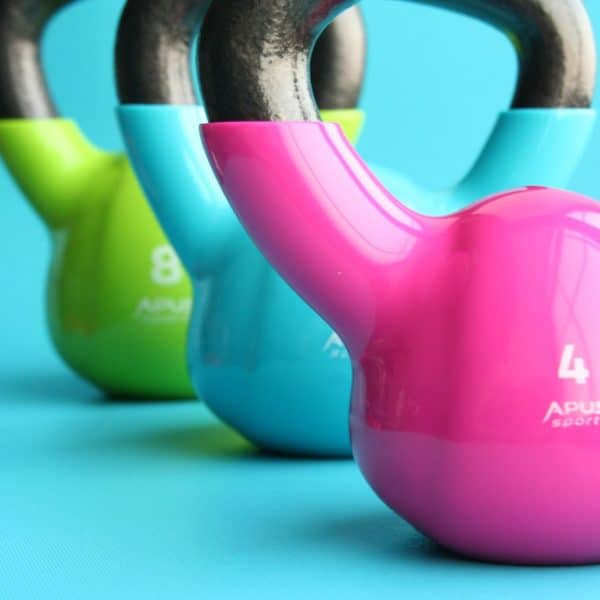Sleep is important for so many things. Just like food and water, rest is a foundational part of our livelihoods. Sleep has been shown to help the brain store new information and memories, repair cells and restore energy, and release hormones into the body. According to the Centers for Disease Control and Prevention (CDC), the average person should be getting seven hours of sleep per night.
But does proper sleep also help with something like weight loss? Let’s take a closer look at what happens if you don’t get enough sleep
1. Less Sleep Equals More Time to Eat
Late-night cravings are the worst. Simply put, if you’re awake, you’re more likely to eat.
One recent study tracked 156 students’ eating habits over a three-week period. They discovered “no clear breakfast, lunch or dinner times. People instead started eating about an hour and a half after waking. And they kept noshing until a couple of hours before bedtime. The researchers saw no large breaks between meals. Overall, 25 percent of calories were eaten before noon, and 37.5 percent after 6 p.m.”
In lieu of just sleeping all the time, Rip Van Winkle style, many people try out intermittent fasting to better manage the times of day they eat and to avoid non-stop snacking. Additionally, this approach does not require any changes to your diet: the focus is on when you eat, not what.
This method was also tested with a portion of the students in the study mentioned above, who reduced their “eating window” from 14 hours to 10 for 16 weeks. The results showed clear improvements: an average weight drop of 7.2 pounds, feeling less hungry throughout the day, and improved sleep quality.
2. Your Brain Chemistry Goes Haywire Without Sleep
Unfortunately, it’s also not as simple as limiting your eating window and hoping that will cancel out a lack of sleep. There are many reasons why a lack of sleep can lead to weight gain, including your own brain chemistry. (It was my brain chemistry all along? Always has been.)
According to the Sleep Foundation, “The neurotransmitters ghrelin and leptin are thought to be central to appetite. Ghrelin promotes hunger, and leptin contributes to feeling full. The body naturally increases and decreases the levels of these neurotransmitters throughout the day, signaling the need to consume calories.”
A lack of sleep may affect our body’s regulation of these neurotransmitters, and cause an overall increase in ghrelin and decrease in leptin. This dysregulation translates into increased appetite and diminished satiety, further fueled by our preference for foods high in calories and carbohydrates while sleep-deprived.
Sleep deprivation can have an effect on the brain’s motivation and reward circuit, affecting our endocannabinoid (ECS) system. When exposed to prolonged lack of sleep, our ECS levels are higher and last longer than when we are rested, causing an increase in hunger and appetite. Not only that, but our cravings for calorie-rich foods get stronger the less we sleep, and it can be difficult to muster the energy to resist the urge for tasty, comfort food.
3. Less Sleep Disrupts Your Circadian Rhythm
Whether you’re suffering from insomnia, you’re a new parent or have any other sleep disorders, a lack of sleep can mean metabolic dysregulation. That can mean increased blood sugar levels or insulin resistance.
According to one recent study from Maastricht University based in the Netherlands, “Research on misalignment reveals that circadian misalignment affects sleep-architecture and subsequently disturbs glucose-insulin metabolism, substrate oxidation, leptin- and ghrelin concentrations, appetite, food reward, hypothalamic-pituitary-adrenal-axis activity and gut-peptide concentrations enhancing positive energy balance and metabolic disturbance.”
What a mouthful! In summary, a lack of sleep disrupts everything from top to bottom.
At the end of the day (literally), a good night’s sleep is important to stay on track for your fitness goals and benefit your overall health. If you’re experiencing sleep issues, check out our blog post all about different methods to boost or enhance your sleeping patterns.
What are your favorite ways to get a good night’s sleep? Let us know in the comments!





Leave a Reply
No Comments